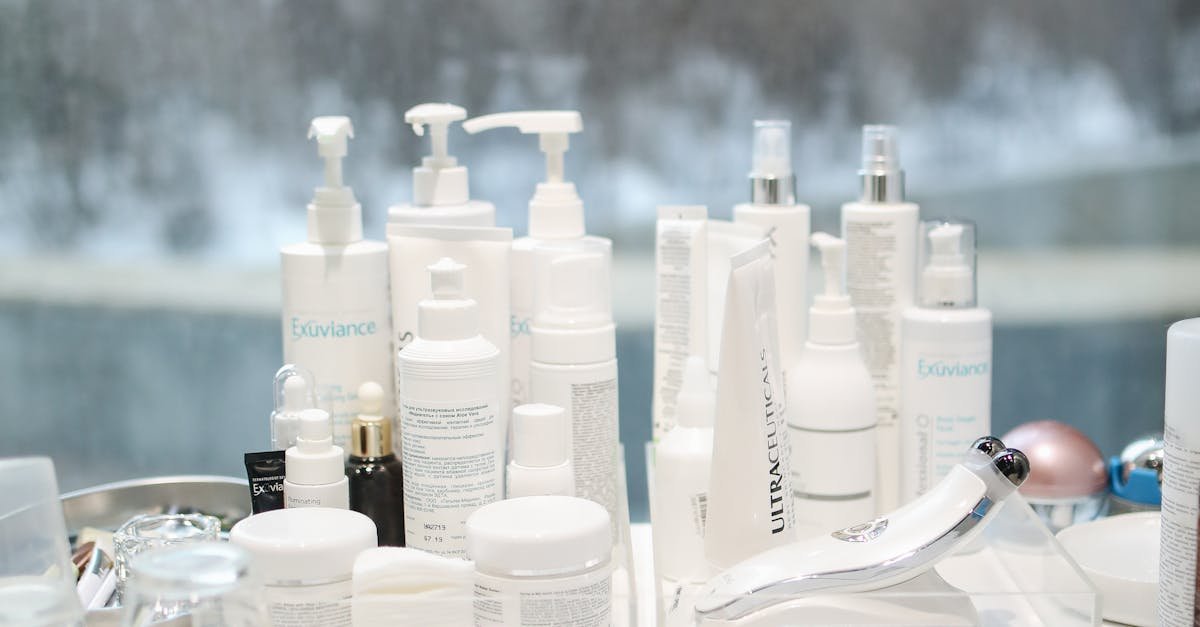Retinol is a powerhouse ingredient in skincare, renowned for its ability to reduce fine lines, improve skin texture, and combat acne. As more people discover its benefits, the market has flooded with various retinol products. Here, we explore some of the most effective retinol serums and creams available, helping you make an informed choice for your skincare routine.
Key Ingredients to Look For
When selecting a retinol product, it’s essential to consider the accompanying ingredients. Look for hydrating agents like hyaluronic acid, soothing botanical extracts, and antioxidants. These components can help mitigate the potential irritation caused by retinol, ensuring a smoother application experience.
Types of Retinol Formulations
Retinol comes in various formulations, including serums, creams, and oils. Serums typically offer a higher concentration of active ingredients, making them suitable for targeted treatments. Creams, on the other hand, provide more hydration and are ideal for dry skin types. Oils can be beneficial for those looking for a nourishing option that also delivers retinol benefits.
Choosing the Right Concentration
Retinol products vary in concentration, often ranging from 0.25% to 1%. Beginners should start with a lower concentration to allow the skin to adjust. As your skin builds tolerance, you can gradually increase the strength for enhanced results. Consulting with a dermatologist can also guide you in selecting the right concentration based on your skin type and concerns.
Application Tips for Retinol
To maximize the benefits of retinol, proper application is crucial. Start by cleansing your face and applying a pea-sized amount of retinol to dry skin. It’s advisable to use retinol at night, as it can increase sun sensitivity. Always follow up with a broad-spectrum sunscreen during the day to protect your skin.
Expected Results and Timeline
While retinol can deliver impressive results, patience is key. Most users start to see improvements in skin texture and tone within four to six weeks. However, it may take up to three months for significant changes, such as reduced fine lines and improved pigmentation, to become apparent. Consistency in use is essential for achieving desired outcomes.
Potential Side Effects
Though retinol is generally well-tolerated, some individuals may experience side effects like dryness, redness, or peeling, especially during the initial phases of use. It’s important to introduce retinol slowly into your routine, perhaps starting with once or twice a week, and then gradually increasing frequency as your skin adjusts.
| Product Name | Type | Concentration | Key Ingredients | Price |
|---|---|---|---|---|
| Product 1 | Serum | 0.25% | Hyaluronic Acid, Vitamin E | $45 |
| Product 2 | Cream | 0.5% | Niacinamide, Green Tea | $60 |
| Product 3 | Serum | 1% | Retinol, Jojoba Oil | $75 |
| Product 4 | Cream | 0.3% | Peptides, Shea Butter | $50 |
For anyone considering adding retinol to their skincare regimen, understanding the various options and how to use them effectively is crucial. The right product can transform your skin, helping you achieve a more youthful and radiant appearance.
FAQs
What is retinol and how does it work?
Retinol is a derivative of vitamin A that promotes skin cell turnover, helping to reduce signs of aging, improve texture, and treat acne. It works by stimulating collagen production and encouraging the shedding of dead skin cells.
Can I use retinol every day?
It’s best to start using retinol a few times a week and gradually increase frequency as your skin builds tolerance. Daily use can lead to irritation for some individuals, especially those new to retinol.
Is retinol safe for all skin types?
While retinol is generally safe for most skin types, those with sensitive or reactive skin may experience irritation. It’s advisable to consult with a dermatologist to determine the best approach for your specific skin needs.
What should I avoid when using retinol?
Avoid using other potent active ingredients, such as alpha hydroxy acids (AHAs) or beta hydroxy acids (BHAs), at the same time as retinol, as this can increase irritation. Always use sunscreen during the day, as retinol can make your skin more sensitive to the sun.

